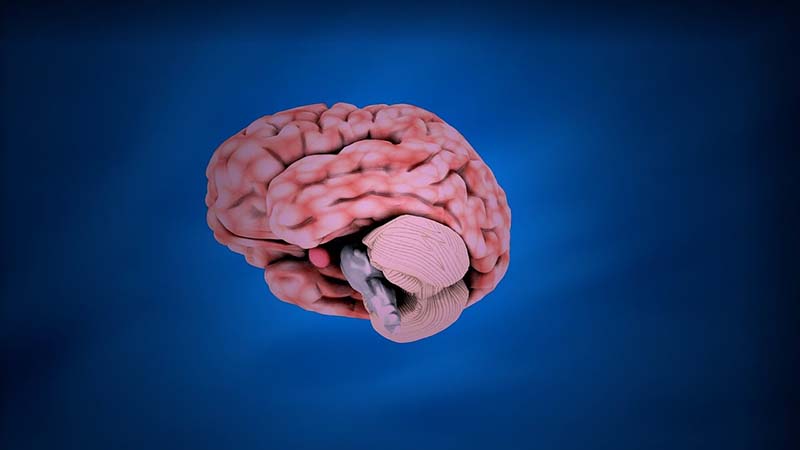Mental health is a crucial component of overall well-being, and it is no different for college athletes. The pressure to perform well in their respective sports while also managing academic responsibilities can take a toll on their mental health. Therefore, it is essential to know how to help college athletes maintain good mental health.
 How to help mental health in college athletes
How to help mental health in college athletes
Here are some steps that can be taken to help college athletes maintain good mental health:
Education and Awareness
One of the most important steps in helping college athletes maintain good mental health is education and awareness. Coaches, athletic directors, and other staff members should be trained in recognizing the signs and symptoms of mental health issues, such as anxiety and depression. By understanding the signs and symptoms, staff members can identify athletes who may be struggling and offer them support.
Promote Open Communication
Creating a culture of open communication is essential for maintaining good mental health in college athletes. Athletes should feel comfortable talking to coaches and staff members about any mental health concerns they may have without fear of stigma or judgment. Staff members should also regularly check in with athletes to see how they are doing and offer support as needed.
Encourage Self-Care
Self-care is an important part of keeping excellent mental health. Coaches and staff members should encourage athletes to take time for themselves and engage in activities that help them relax and unwind. This may include activities such as meditation, yoga, or spending time with friends and family.
Provide Mental Health Resources
College athletes should have access to mental health resources, such as counselling services and support groups. Coaches and staff members should also provide information on these resources and encourage athletes to utilize them when needed. Additionally, universities should have policies in place to ensure that mental health resources are easily accessible to all students, including athletes.
Address Stigma
There is still a stigma surrounding mental health, and this can prevent athletes from seeking the help they need. Coaches and staff members should address this stigma and promote a culture of acceptance and support. This can be done by educating athletes on the prevalence of mental health issues and encouraging them to seek help when needed.
Monitor Stress Levels
Athletes can experience high levels of stress, both on and off the field. Coaches and staff members should monitor athletes' stress levels and offer support as needed. This may include providing stress management techniques or reducing the workload when necessary.
Encourage Balance
Maintaining a balance between athletic and academic responsibilities is essential for good mental health. Coaches and staff members should encourage athletes to prioritize their mental health and create a schedule that allows for both athletic and academic success. This may include setting realistic goals and expectations and encouraging athletes to take breaks when needed.
Foster a Supportive Environment
Creating a supportive environment is essential for maintaining good mental health in college athletes. Coaches and staff members should encourage teamwork and a sense of community among athletes. This can help athletes feel supported and less isolated, which can improve their mental health.
In conclusion, mental health is an important aspect of overall well-being, and it is no different for college athletes. Coaches and staff members can help maintain good mental health in college athletes by promoting education and awareness, open communication, self-care, mental health resources, addressing stigma, monitoring stress levels, encouraging balance, and fostering a supportive environment. By taking these steps, we can help ensure that college athletes are not only successful on the field but also in their mental health and overall well-being.


You must be logged in to post a comment.